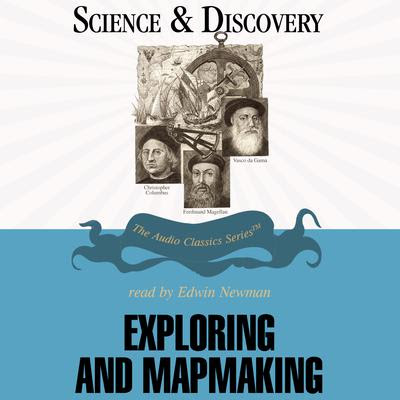In 1485, the last Plantagenet king of England fell in battle. His name was Richard the Third, and he was killed on the battleground of Bosworth Field. The winner of the battle was a young man named Henry, who then became “Henry the Seventh.” He was the first of the Tudor rulers of England. Henry had been on the Lancastrian side of the “Wars of the Roses.” But, when he married a Yorkist lady in 1486, the two factions from the civil war were finally united, since he was marrying someone from that faction. Her name was Elizabeth of York, and she would eventually give birth to a son in 1491. The boy was the future “Henry the Eighth,” who would eventually form the new “Church of England.” (More about that here.) But, at that time, the boy’s birth signaled a formal end to the “Wars of the Roses.” The following year was 1492, the year that Christopher Columbus was arriving in the Americas. Spain and Portugal would soon be creating massive overseas empires, in which they spread their longtime Catholic faith to distant shores. Henry the Seventh was still the king of England in 1496, when he commissioned John Cabot to sail to Asia. Cabot sailed in 1497, but instead landed on the coast of Newfoundland – in what is today Canada. They did not yet attempt to found a colony there. Cabot later made another voyage to the Americas, but did not return. To this day, no one knows what happened to Cabot’s ships.
A replica of John Cabot’s ship the Matthew




























